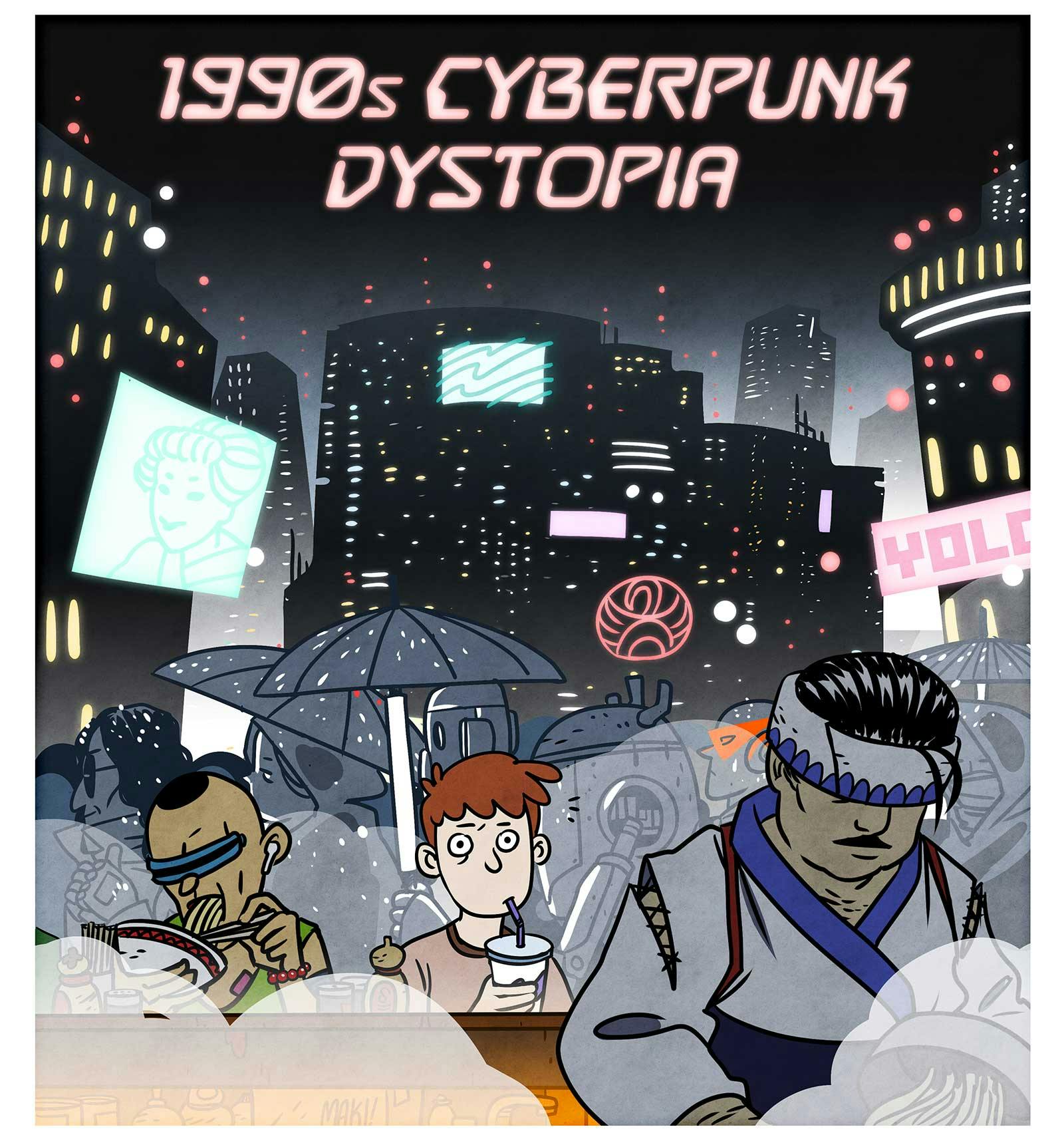
American Library Association "Banned and Challenged Books Week"
September 24 - September 30
Truth(iness), Technology, and Totalitarianism
Satire vs Fake News * Social Control * Propaganda * Censorship / Free Press * Privacy / Surveillance * Advertising * Language * “Connectedness” * Institutional Authority (Government/Corporate/other) * Consumerism * Mobile Technology * AI/VR/Drones * Social Media * Communication * Media Literacy
“Truth(iness), Technology, and Totalitarianism” is the theme for the 2017 Summer Reading List. Each book deals with the intersections of Media, Language, Technology, and Authority in multiple, and very current, ways: Censorship and propaganda, social media and “Fake News”, satire, privacy and surveillance, corporate advertising, corporate citizenship, mobile devices, drones and artificial intelligence, etc.
We chose this theme while considering 1984 as a single All-School Read. Each book on the list shares themes and ideas with Orwell's classic.
Below, you will find more information about each aspect of the theme. Each tab has a variety of articles and other media that discuss the topics in broad and specific terms. Additionally, some of the books on our list could be categorized as "Dystopian" while others are satire (and some are both). There are also tabs with information on both of those ideas.

This aspect of our theme deals with both the communication of facts and information, and our belief in those facts. Not only determining what is "true", but also sifting out truth from things that are false. Examining the source of information and the context within which we receive it. The psychology of belief, argument, and persuasion as they relate to messages from news media, governments and political movements, advertising, and each other.
In 1984 the "Ministry of Truth" is the department tasked with eliminating the historical record. "Newspeak" language is aimed at eliminating free thought, and "Thoughtcrime" makes free thought illegal.
In the modern day "Fake News" and "Alternative Facts" have been hot-button issues.
The Origin of the term "Truthiness." The Colbert Report, Comedy Central, October 17, 2005.
"People tend to assess the relative importance of issues by the ease with which they are retrieved from memory -- and this is largely determined by the extent of coverage in the media ... It is no accident that authoritarian regimes exert substantial pressure on independent media.
Daniel Kahneman, Thinking Fast and Slow, p.8
see the tab on Satire as well.
From C-SPAN Classroom - Fake News vs Satire
Technology, especially digital communication and information technology, is a pervasive feature of modern life. From devices like the printing press, to the television, to the iPhone, which convey media - News, Information, Entertainment, Advertising, Propaganda, etc. Technology is inextricably linked with privacy and surveillance and also the idea of "Progress." Biotechnology, Transhumanism, Pharmeceuticals (Drugs), and Artificial Intelligence are changing the understanding of what it means to be "Human".
In 1984 the "telescreen" is a two way device, providing both content and surveillance. In Feed, most members of society have the equivalent of an iPhone embedded in their brains. In Brave New World babies are grown, and drugs and entertainment pacify the masses.

TED Radio Hour - The Digital Industrial Revolution
The "totalitarianism" of our theme, is somewhat of a misnomer: we are not just looking at an ideologically-based, authoritarian regime that regulates all aspects of public and private life (though more than a few of our reading choices do). Instead we want to consider multiple kinds of Institutional Authority, and the power structures that sustain them, including corporate influence on democracy. The employment of propaganda, surveillance technology, and media control are tools of the Totalitarian.
Oceania in 1984, is clearly a totalitarian state, as is the "England" of Maggot Moon, and the America of Fahrenheit 451. The future Earth of Feed, Prez, and Brave New World approach the same idea from a different angle, and Watched looks at power-structures in modern New York City.


Satire is the use of humor, exaggeration, irony, etc. to criticize, ridicule, or draw attention to human vices, foolishness, or hypocrisy. It is often political, but does not have to be. Feed, Brave New World, and Prez, Vol. 1 are all examples of satire on our reading list.
From C-SPAN Classroom - Fake News vs Satire
 Satire
by
Laura K. Egendorf (Editor)
Satire
by
Laura K. Egendorf (Editor)